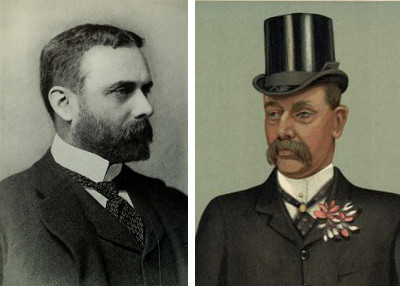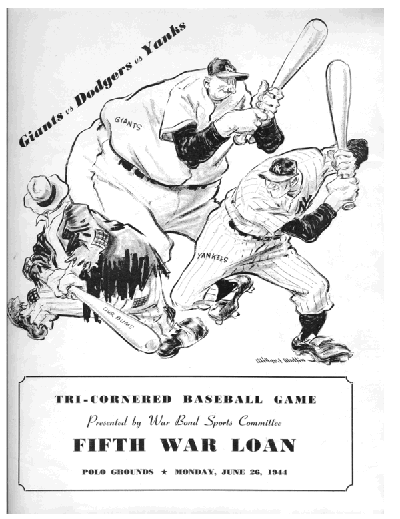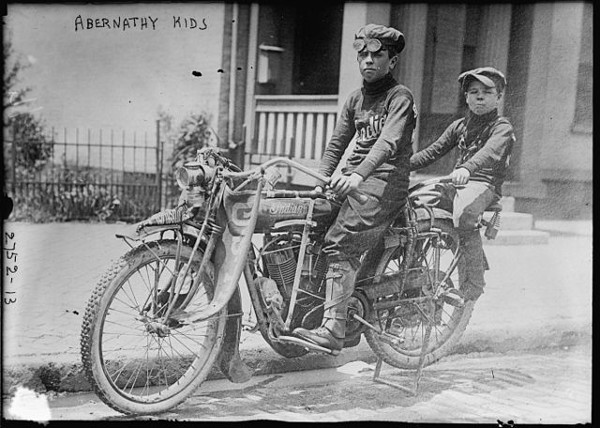
It seems a bit arrogant that those of us in the United States refer to ourselves as “Americans” when more than half a billion other people live in the Americas. But what should we call ourselves instead?
“You have properly observed that we can no longer be called Anglo-Americans,” noted Thomas Jefferson in a letter after the Revolution. “That appellation describes now only the inhabitants of Nova Scotia, Canada, &c. I had applied that of Federo Americans to our citizens, as it would not be so decent for us to assume to ourselves the flattering appellation of free Americans.”
What’s a better term? In 1992 Columbia University etymologist Allen Walker Read compiled a list of suggestions that have been made over the years:
- United Statesards
- United Statesese
- Unisians
- United Statesians
- Columbards
- United Statesmen
- United Statesers
- Statesmen
- Staters
- Unistaters
- Usarians
- U.S. men
- Usonians
- Usonans
- Ustatians
- Uessians
- Unessians
- Statesiders
- Statunitensi
- United Stateans
- Unistatians
- Unitedstatians
Perhaps we’re all counterfeit: In early usage “Americans” applied not to European colonists but to the native Indians whose territory they were invading. John Locke wrote in 1671: “So if you should ask an American how old his son is, i.e., what the length of duration was between his birth and this moment, he would … tell you his son was 30 or 40 moons old as it happened.”
(Allen Walker Read, “Derivative Forms From the Name United States,” paper read at the 31st annual Names Institute sponsored by The American Name Society, Baruch College of The City University of New York, May 2, 1992.)







